Thank you in advance for reaching out to us. Please include a brief description of what you are trying to accomplish and we will get back to you promptly.
Thank you in advance for reaching out to us. Please include a brief description of what you are trying to accomplish and we will get back to you promptly.
We welcome you to contact us for more information
about any of our products or services.
Address: 342a Dorcy Dr, George Town
Phone: (345) 916-4114
Email: [email protected]
Feel free to give us a call, or drop us a message. Looking forward to working with you.
| Cookie | Duration | Description |
|---|---|---|
| cookielawinfo-checbox-analytics | 11 months | This cookie is set by GDPR Cookie Consent plugin. The cookie is used to store the user consent for the cookies in the category "Analytics". |
| cookielawinfo-checbox-functional | 11 months | The cookie is set by GDPR cookie consent to record the user consent for the cookies in the category "Functional". |
| cookielawinfo-checbox-others | 11 months | This cookie is set by GDPR Cookie Consent plugin. The cookie is used to store the user consent for the cookies in the category "Other. |
| cookielawinfo-checkbox-necessary | 11 months | This cookie is set by GDPR Cookie Consent plugin. The cookies is used to store the user consent for the cookies in the category "Necessary". |
| cookielawinfo-checkbox-performance | 11 months | This cookie is set by GDPR Cookie Consent plugin. The cookie is used to store the user consent for the cookies in the category "Performance". |
| viewed_cookie_policy | 11 months | The cookie is set by the GDPR Cookie Consent plugin and is used to store whether or not user has consented to the use of cookies. It does not store any personal data. |
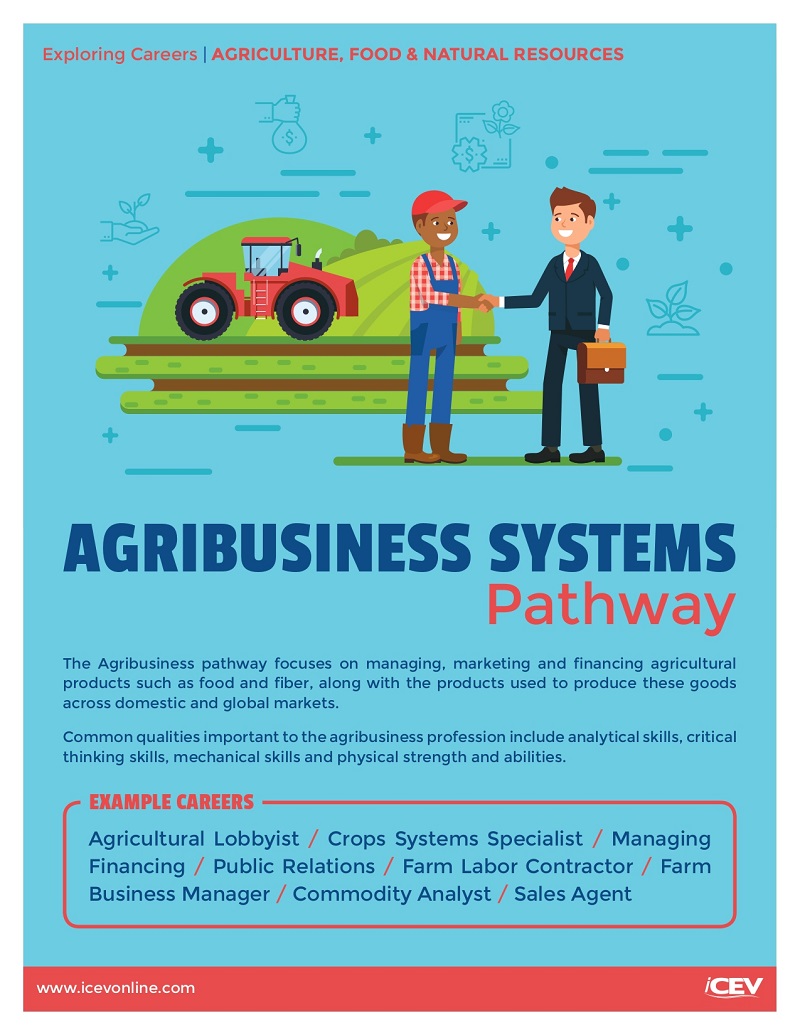
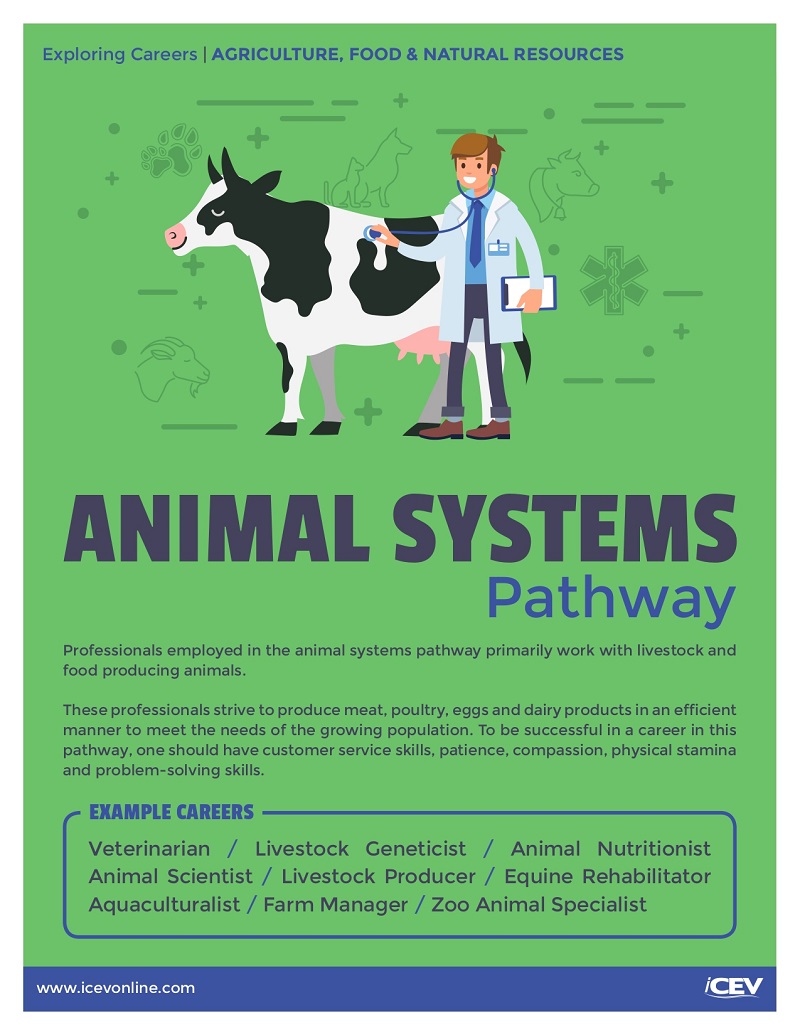
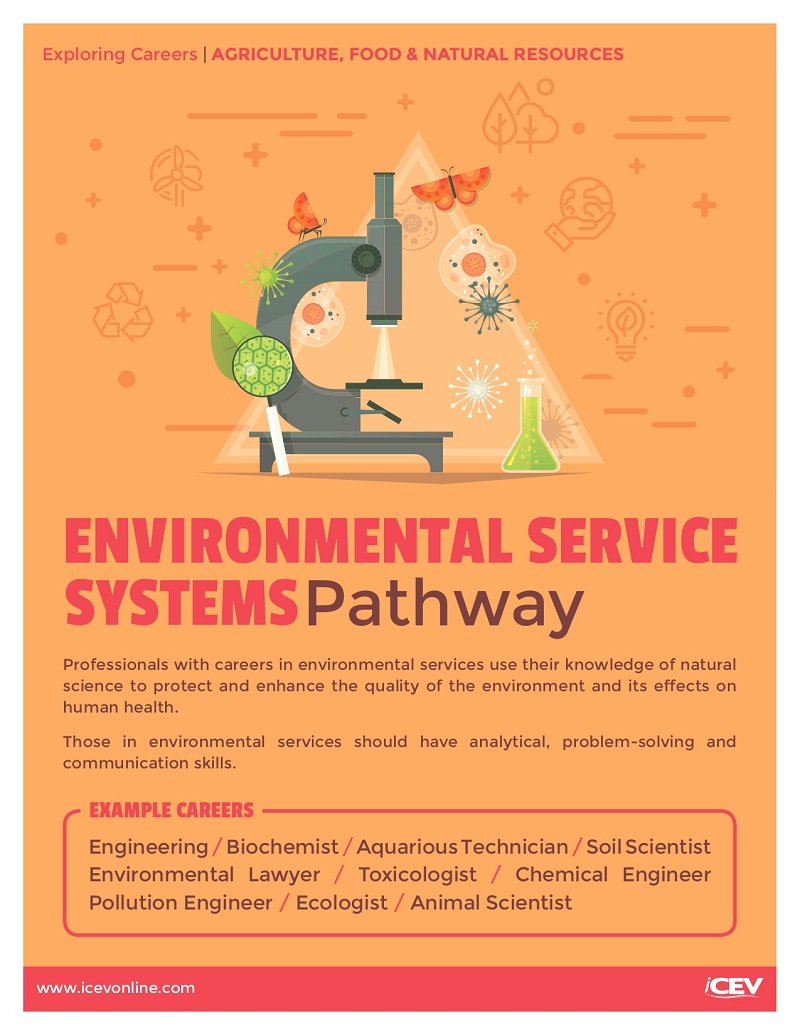
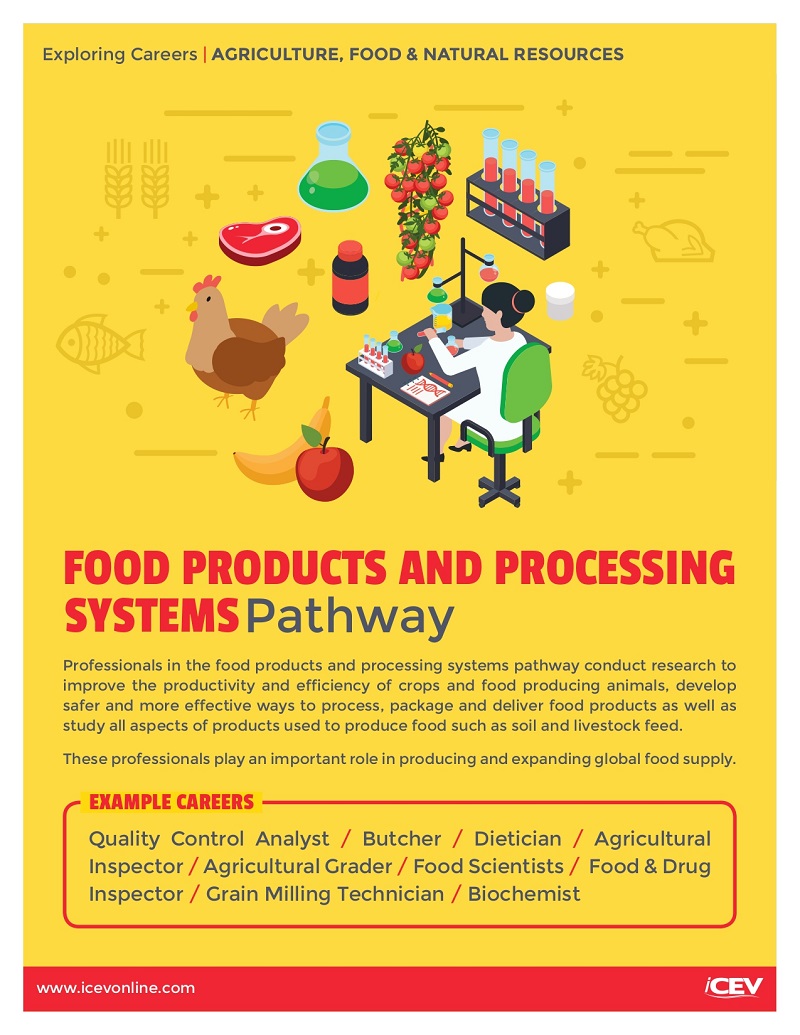
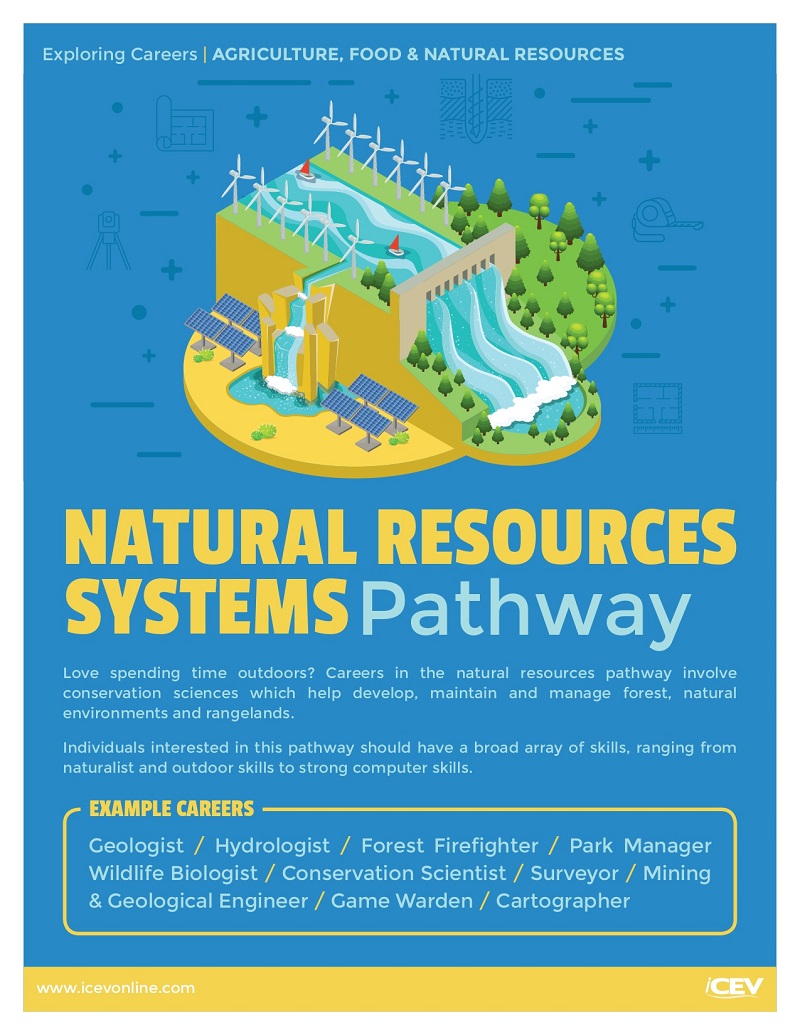
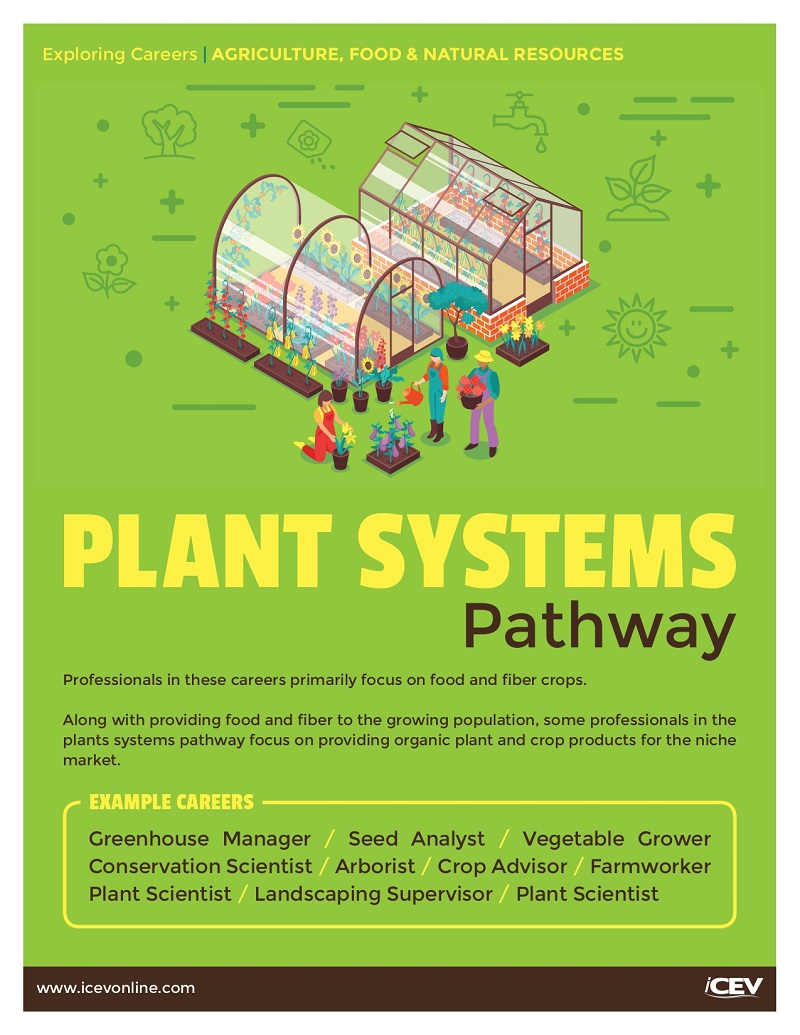
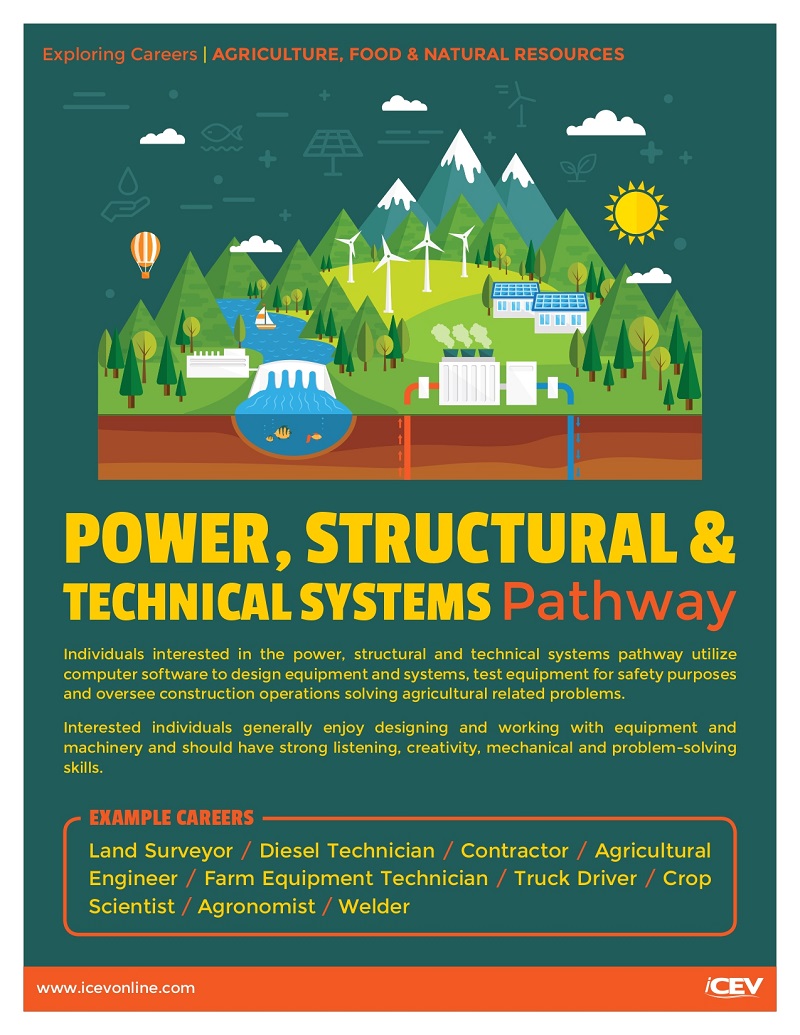
Career Pathway: Agricultural Engineer
Agricultural Engineers develop and improve farming equipment, irrigation systems, and sustainable agricultural practices.
Education Pathway
– Bachelor’s Degree: Study agricultural engineering, mechanical engineering, or environmental engineering. - Certification: Obtain licensure as a Professional Engineer (PE). - Work Experience: Gain hands-on experience in farm equipment and precision agriculture.
Career Opportunities
Agricultural Engineers work in equipment manufacturing, farm research, and government agencies.
Career Pathway: Agri-Business Manager
Agri-Business Managers oversee the financial and operational aspects of farming enterprises, including supply chains and agricultural production.
Education Pathway
– Bachelor’s Degree: Study agribusiness, business management, or agricultural economics. - Work Experience: Gain practical experience in farm operations. - Certification: Consider professional certification in farm management.
Career Opportunities
Agri-Business Managers work for agribusiness firms, cooperatives, and large farms.
Career Pathway: Animal Nutritionist
Animal Nutritionists focus on designing diets that improve the health and productivity of livestock, pets, and wildlife.
Education Pathway
– Bachelor’s Degree: Study animal science, nutrition, or veterinary medicine. - Master’s or Ph.D.: Specialize in animal nutrition research. - Certification: Consider joining professional organizations like the American College of Veterinary Nutrition.
Career Opportunities
Animal Nutritionists work in feed companies, research institutions, and veterinary hospitals.
Career Pathway: Veterinarian
What They Do:
Education Needed:
Career Opportunities:
Career Pathway: Veterinary Epidemiologist
Veterinary Epidemiologists study disease outbreaks in animal populations, working to prevent zoonotic diseases that can spread to humans.
Education Pathway
– Bachelor’s Degree: Study biology, veterinary science, or epidemiology. - Doctor of Veterinary Medicine (DVM): Required for disease prevention. - Master’s or Ph.D.: Specialize in infectious diseases and epidemiology. - Certification: Obtain credentials from the American College of Veterinary Preventive Medicine (ACVPM).
Career Opportunities
Veterinary Epidemiologists work with public health agencies, government organizations, and research institutions.
Career Pathway: Agricultural Health Inspection Officer
Agricultural Health Inspection Officers play a critical role in preventing the introduction and spread of pests and diseases from foreign countries. They inspect agricultural imports such as crops, flowers, and plant materials at entry points like airports, seaports, and border crossings. Their work ensures national biosecurity, food safety, and the protection of local ecosystems.
Education Pathway
– Bachelor’s Degree: Study Agricultural Science, Plant Pathology, Environmental Science, Biology, Entomology, or Biosecurity and Pest Management. - Relevant Coursework: Plant Health and Pest Control, Soil Science, Food Safety and Biosecurity, Agricultural Policy and Regulations, Microbiology, and Risk Assessment in Agriculture.
Practical Experience
– Intern with government agricultural agencies. - Participate in fieldwork identifying pests and plant diseases. - Gain experience with import/export regulations and quarantine procedures. - Attend workshops on plant health inspection and biosecurity measures.
Certification & Licensing
Many countries require Agricultural Health Inspectors to obtain certification in plant health inspection, biosecurity protocols, and pest risk assessment. These certifications may be provided by government agricultural departments or international regulatory agencies.
Career Opportunities
– Airports and Border Inspection Stations - Government Agricultural and Biosecurity Agencies - Customs and Import/Export Departments - Pest Control and Environmental Protection Units
Career Advancement
With experience, Agricultural Health Inspectors can advance into specialized roles such as: - Senior Plant Health Inspector - Biosecurity Risk Analyst - Agricultural Quarantine Officer - Policy Advisor in Agricultural Health and Safety - Researcher in Plant Pathology and Pest Control
Career Pathway: Soil Scientist
Soil Scientists analyze soil properties to improve agricultural productivity, prevent erosion, and promote sustainability.
Education Pathway
– Bachelor’s Degree: Study agronomy, environmental science, or soil science. - Master’s or Ph.D.: Specialize in soil chemistry, fertility, or microbiology. - Certification: Become a Certified Professional Soil Scientist (CPSS).
Career Opportunities
Soil Scientists work with conservation agencies, research organizations, and agricultural institutions.
Career Pathway: Plant Propagator
Career Pathway: Farm Superintendent
Farm Superintendents oversee the daily operations of large-scale farms. They manage workers, equipment, planting schedules, and overall farm productivity. Education Pathway: - High School: Take courses in agriculture, business, and mechanics. - Bachelor’s Degree: Study farm management, agribusiness, or agricultural science. - Work Experience: Gain hands-on experience in farm operations. - Management Training: Learn budgeting, logistics, and personnel management.
Career Pathway: Horticulturalist
Horticulturalists specialize in the cultivation of fruits, vegetables, flowers, and ornamental plants. They work in nurseries, greenhouses, botanical gardens, and research institutions to improve plant growth and health. Education Pathway: - High School: Study biology, chemistry, and environmental science. - Bachelor’s Degree: Major in horticulture, botany, or plant science. - Internships: Gain experience in nurseries, greenhouses, or landscaping companies. - Advanced Studies: Consider a master’s degree for research or teaching roles.
Career Pathway: Extension Officer (Agronomy)
Career Pathway: Agronomist
Agronomists study soil science, crop production, and farming techniques to improve agricultural efficiency and sustainability. They work with farmers, researchers, and government agencies to develop best practices in crop management. Education Pathway: - High School: Focus on biology, chemistry, mathematics, and agricultural science. - Bachelor’s Degree: Study agronomy, soil science, crop science, or agricultural engineering. - Master’s Degree (Optional): Specialize in precision agriculture, soil fertility, or crop genetics. - Certification: Consider becoming a Certified Crop Adviser (CCA).